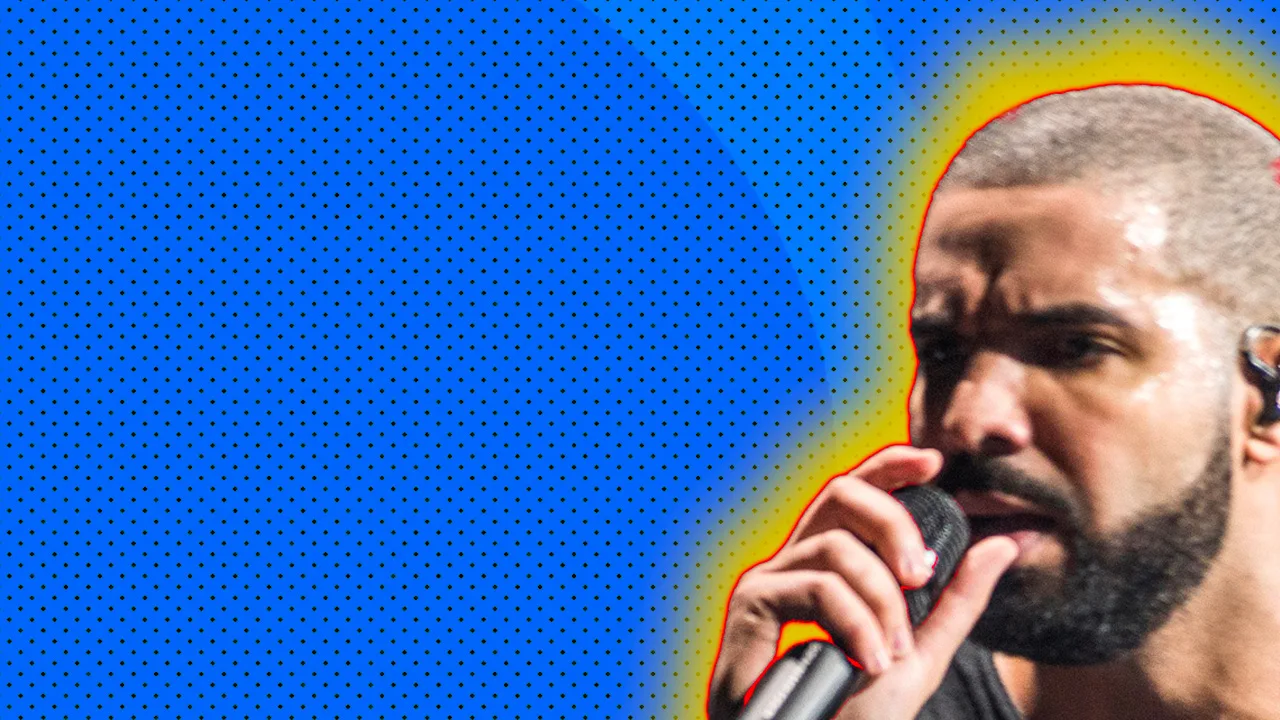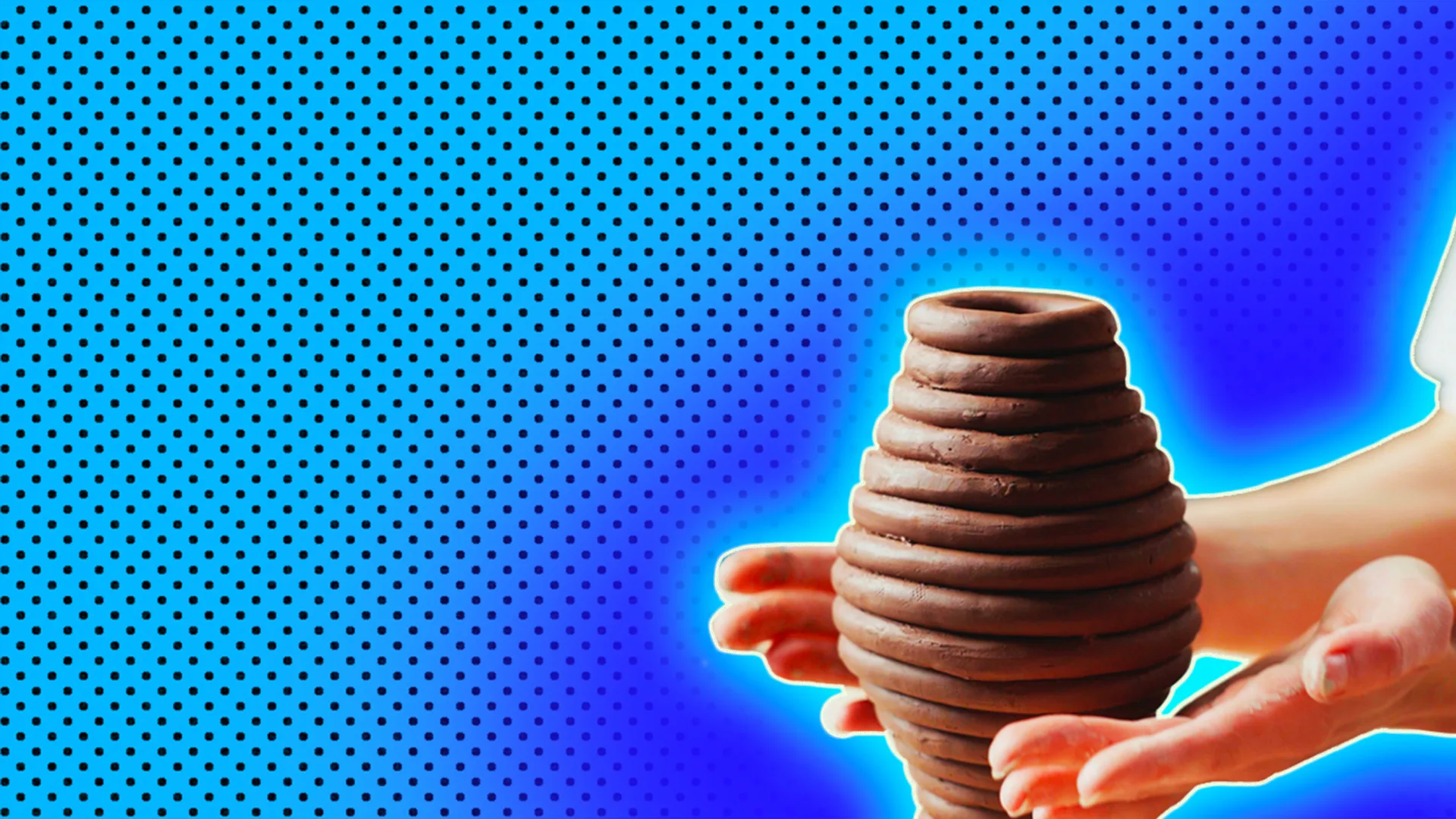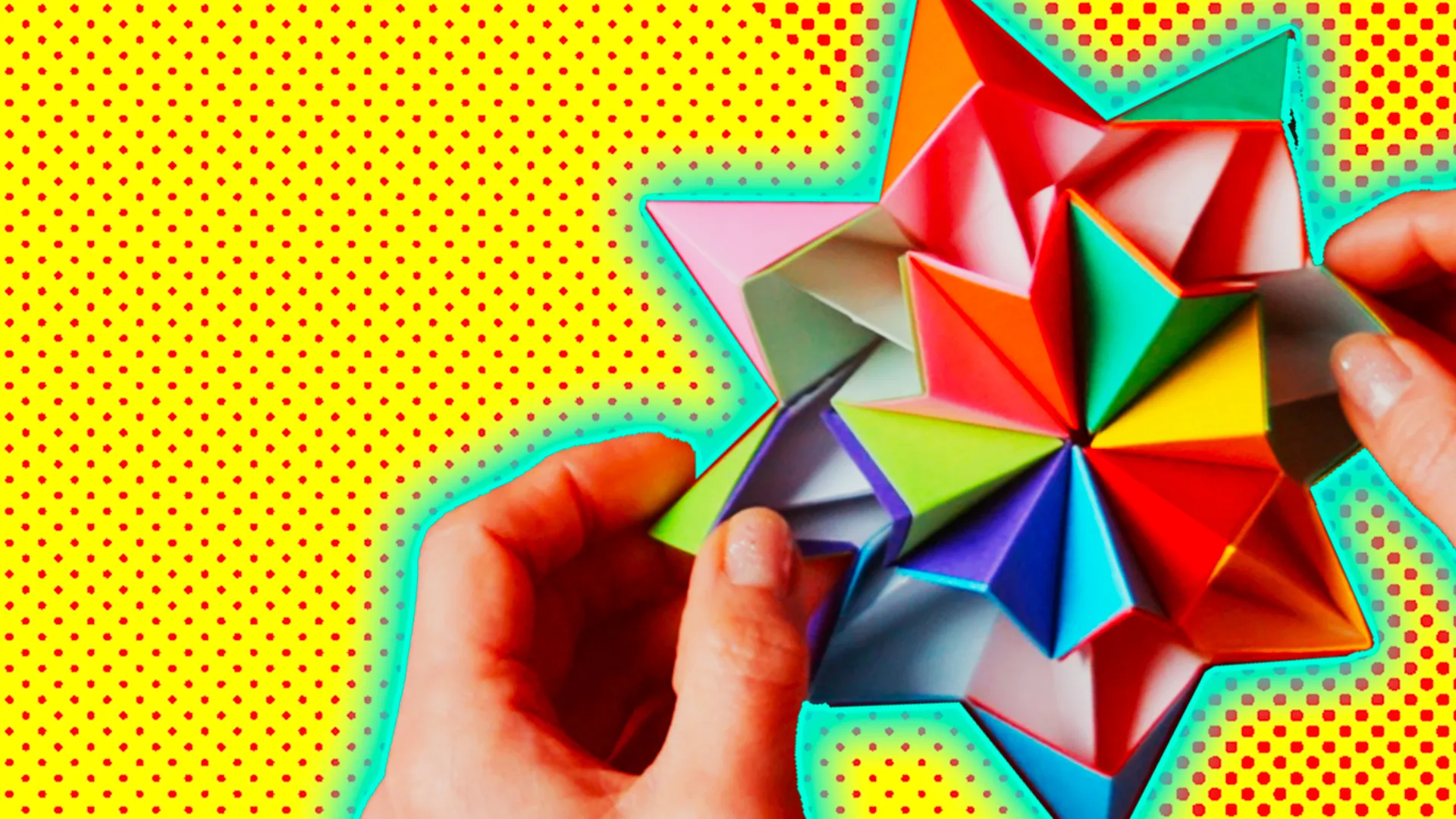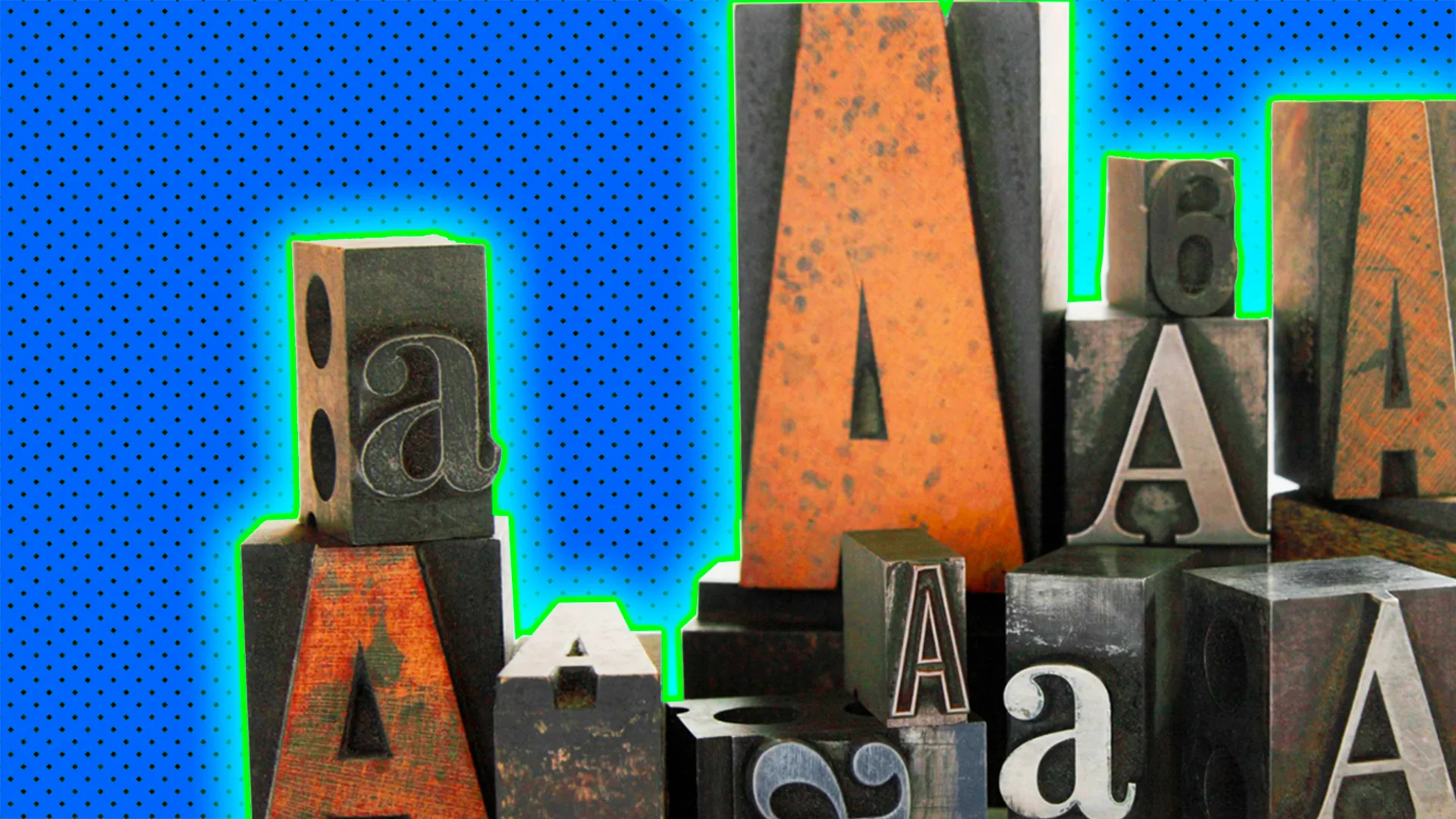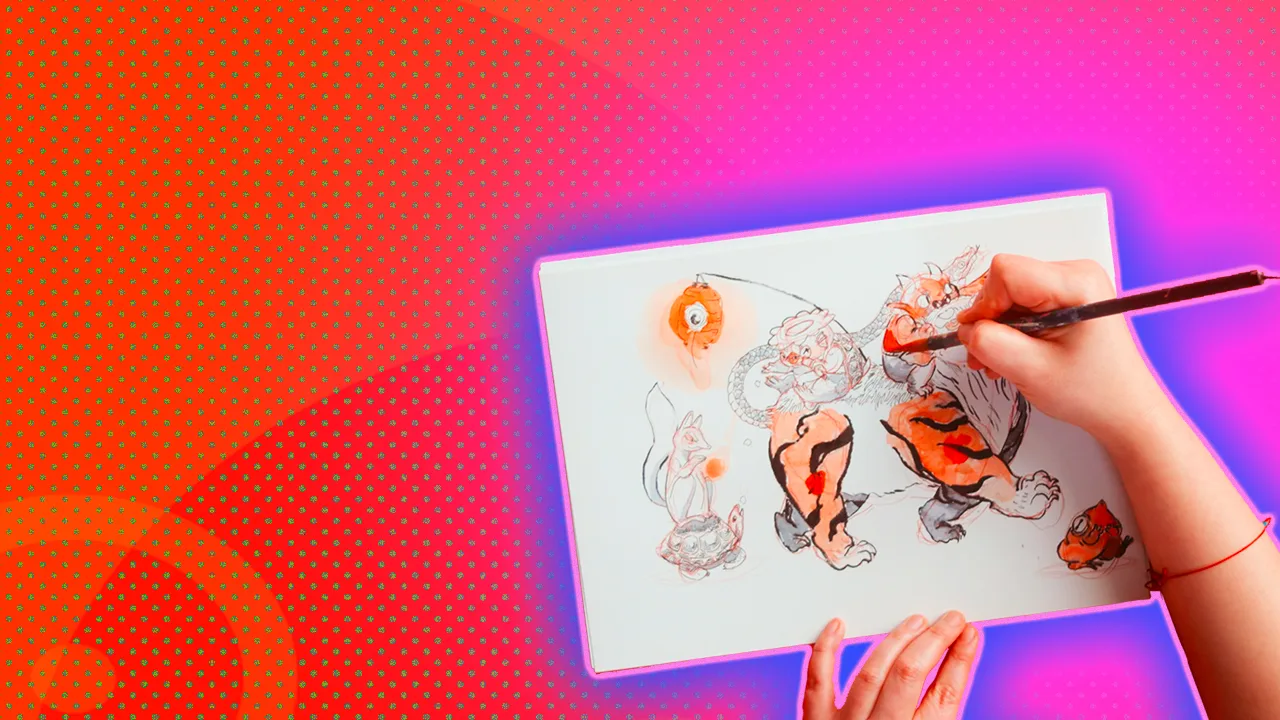Have you played the Six Degrees of Separation game? Originating from a short story “Chains” written by Frigyes Karinthy in 1929, the theory is everyone is connected socially by six people. We have chosen a V&A object from our collection to connect to rapper and artist Drake. Have you ever played this game? Why don’t you have a go by choosing an object in your room and a friend after reading this!
1. Victorian ghost photography
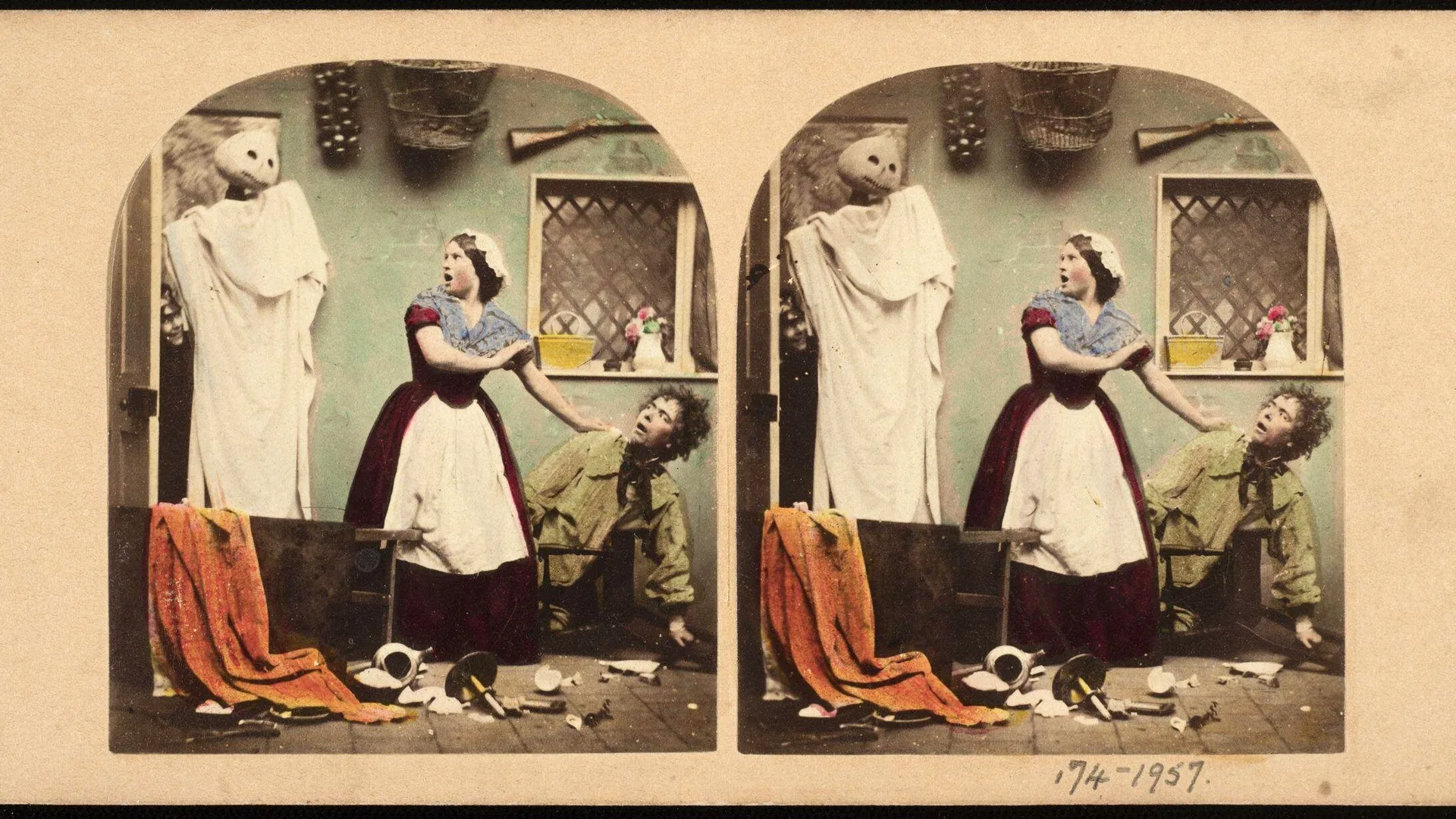
Spirit or ghost photography was popular in the 19th century. It began accidentally due to a long exposure, which was needed at the time it took to take a photograph then and a person walked into shot creating a blurred faint capture of them! You can try this yourself with the camera settings and moving very slowly or having someone walk quickly in and out of shot whilst the picture takes. This V&A collection of a ghost photo was taken by Martin Laroche who was part of the spiritualist movement. Victorians were obsessed with ghosts and the supernatural and was a huge cultural phenomenon.
2. The spiritualist movement and afterlife
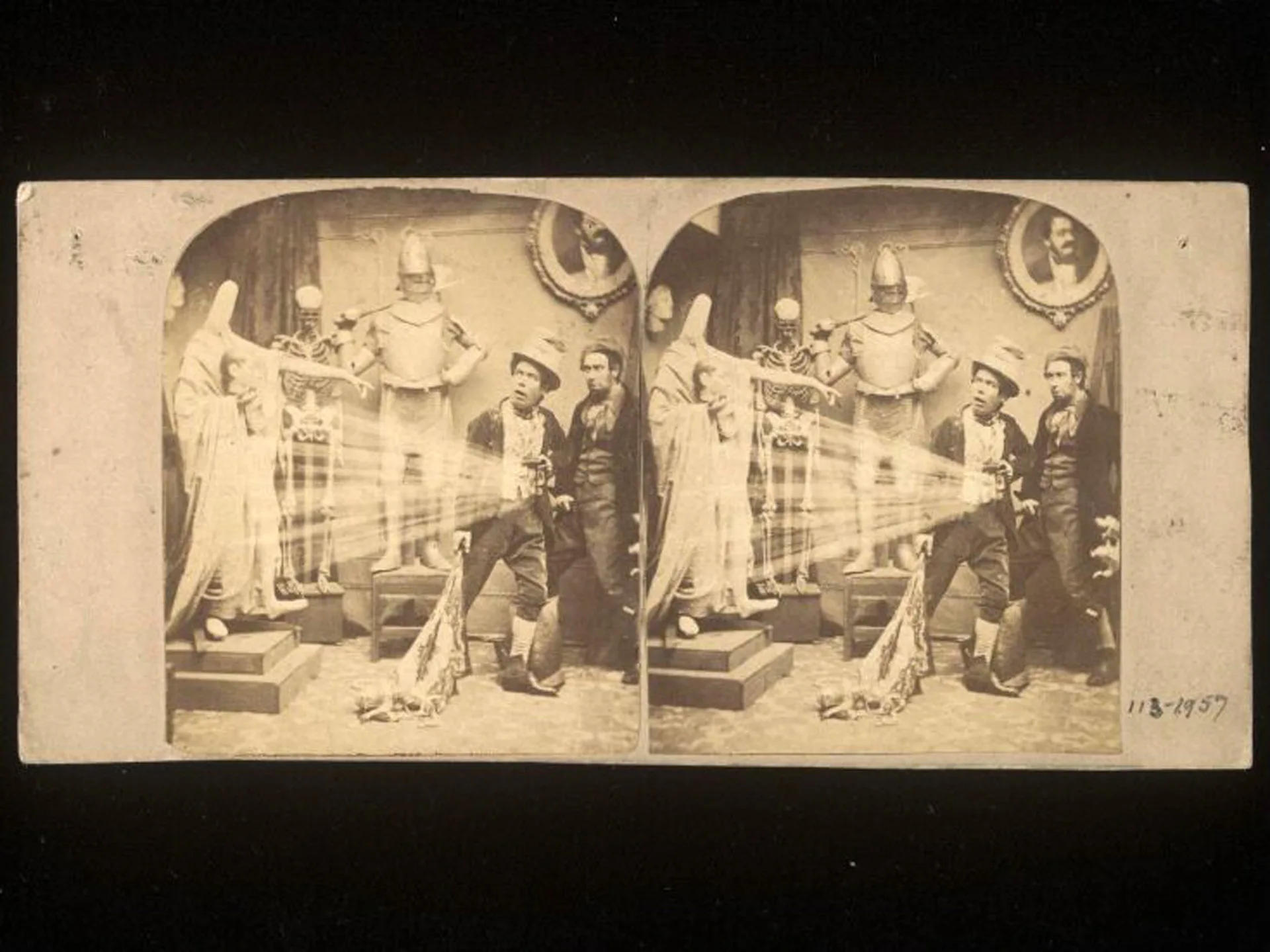
This V&A object, again taken by Martin Laroche, shows a theatrical scene of an apparition appearing whilst the audience look on, utterly terrified! Spirit photography also provided a source of emotional support to some. Queen Victoria was particularly fond of them and a member of the spiritualist movement. The spiritualist movement extended into wider cultural explorations of existence, the unknown, and the emotional effects of loss and longing. These are timeless themes that appear in many forms of art, often reflecting feelings of nostalgia, loneliness, and existential reflection. Can you think of a piece of art that reflects these themes?
3. Emotional storytelling
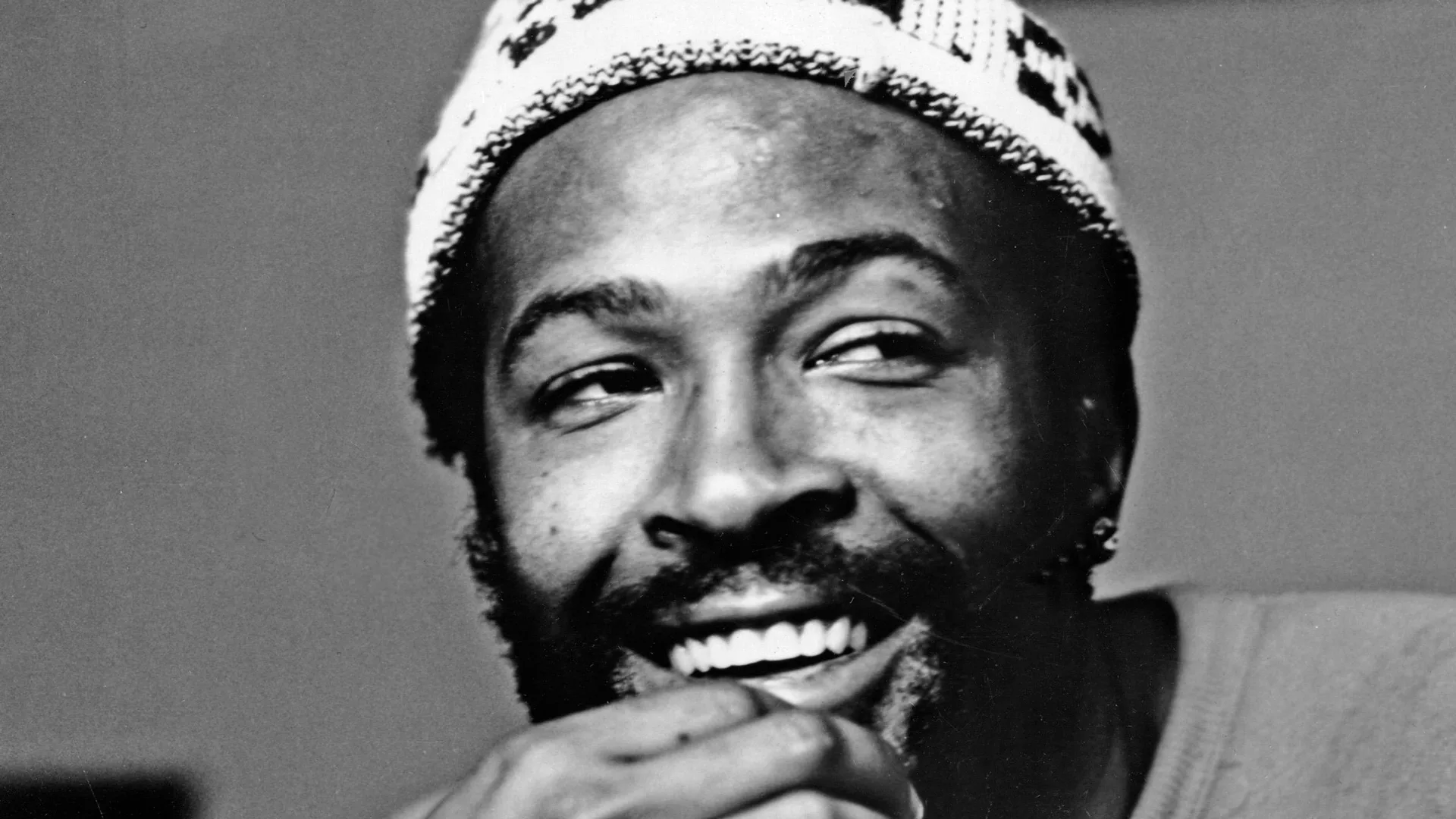
Fast forward to the 20th century, where existential themes and personal emotions became central to various art forms, including soul and R&B music. Artists like Marvin Gaye and Al Green often explored themes of love, loss, longing, and existential angst in their songs, combining emotional vulnerability with smooth, emotive sounds. Expressing yourself was becoming more normalised in popular culture.
4. The rise of R&B’s influence on Hip-Hop

By the 1990s and early 2000s, R&B heavily influenced the development of hip-hop. This emotionally expressive sub-genre created a new kind of rap with rhythm and melody. Artists like Beyoncé, Timbaland, Aaliyah, and Jay-Z brought storytelling to life, using music to express the complexities of love, relationships, and personal struggles.
Emotions in modern day rap
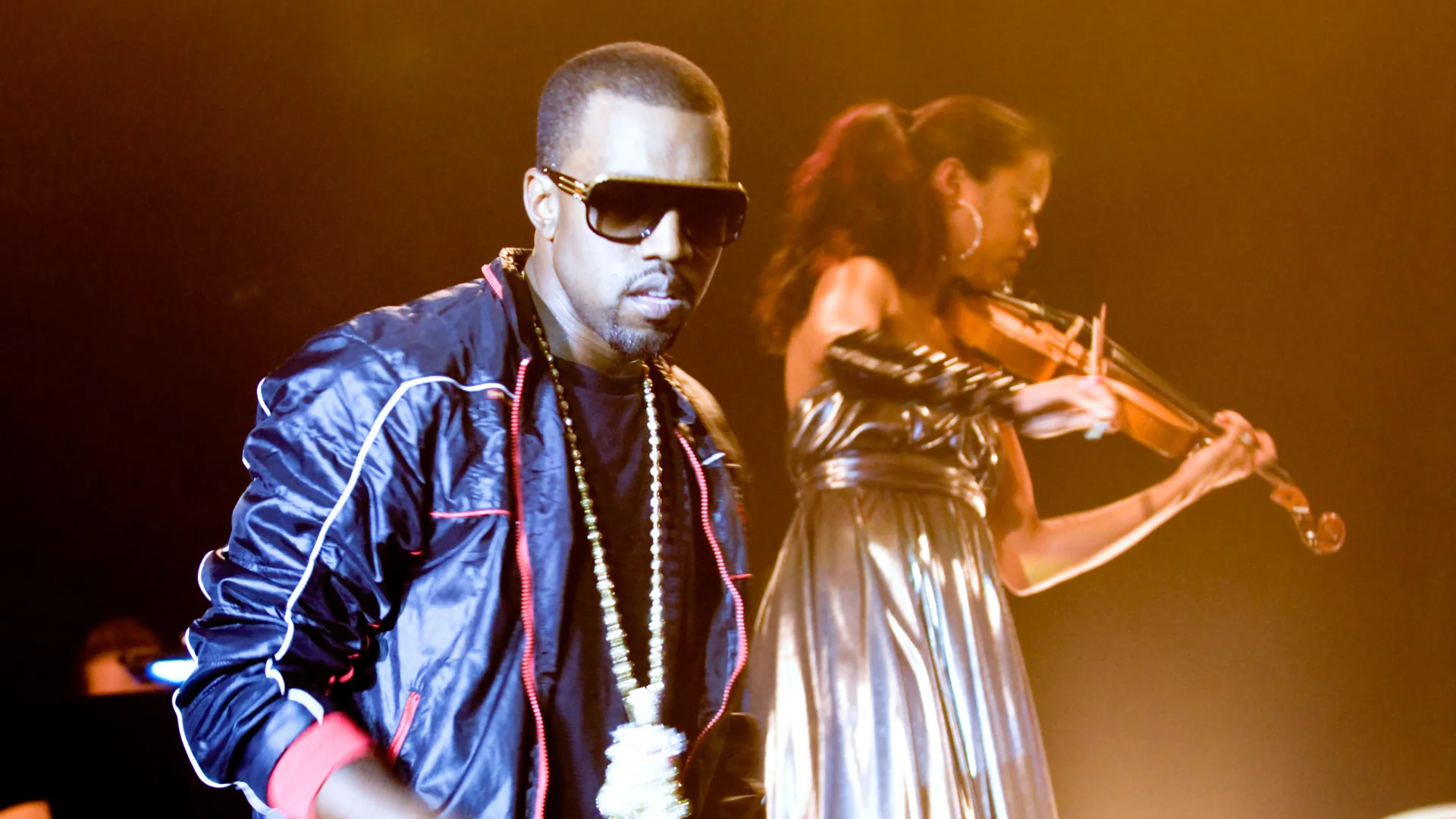
Drake’s predecessors in hip-hop include artists such as Kanye West, continued blending bravado with emotional lyrics, exploring fame, heartbreak, and personal identity. They helped pave the way for an even more vulnerable style of rap, where artists openly discussed their emotions, relationships, and personal struggles, especially men, who traditionally were not supposed to express much emotion.
Drake
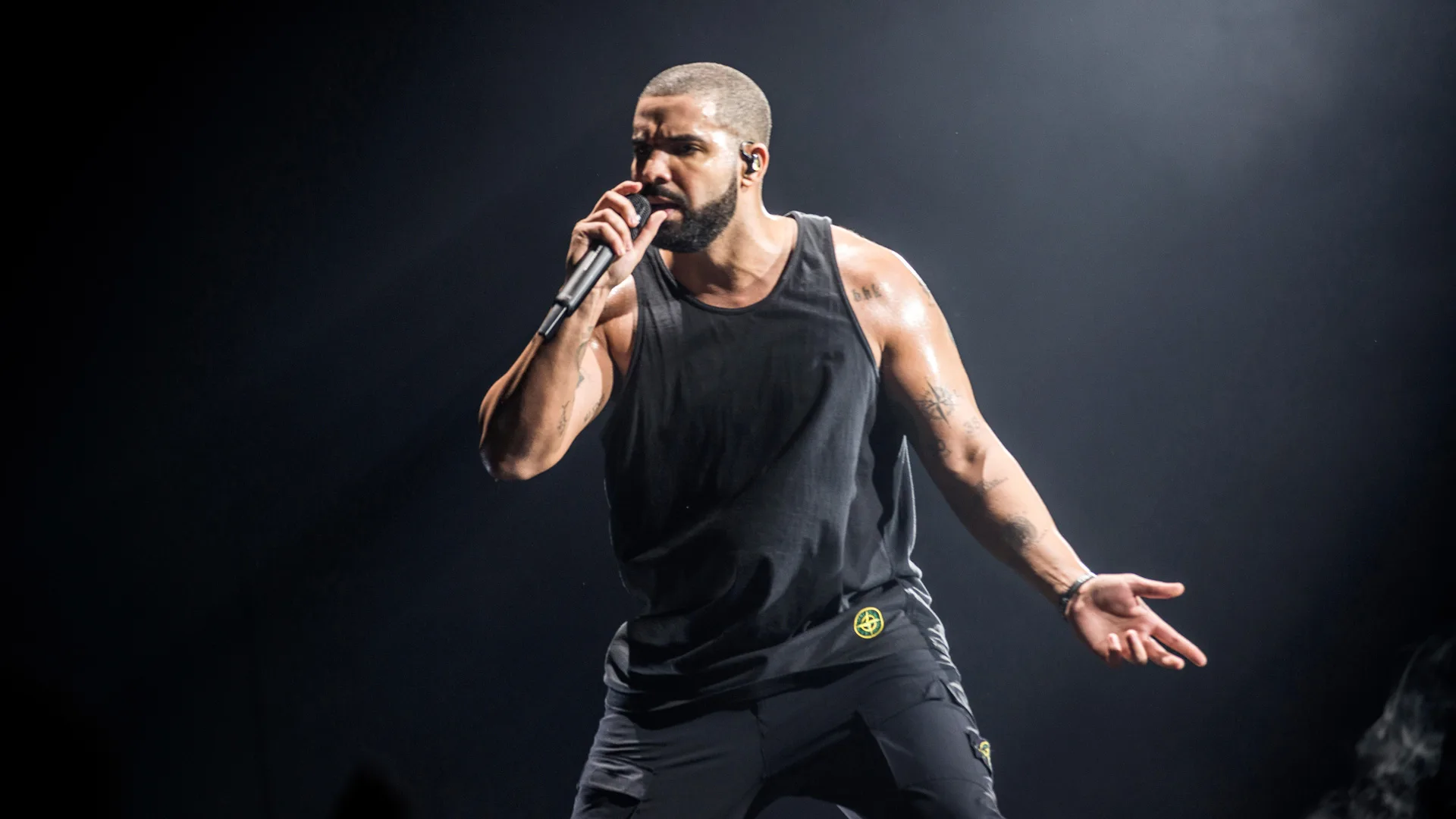
Drake is known for his rap, hip-hop and R&B sound, often delivering emotionally vulnerable lyrics about love, life and fame. His catchy and often deep music has made him one of the most popular rap artists today. Drake’s reflective style and pondering on ‘what it all means’, like the Victorian fascination with longing and the afterlife, brings us to the end of our six degrees of separation game. Now you try one with your friends!





